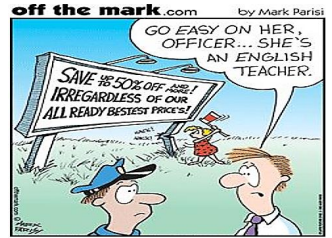Read the Text II and answer the question that follow it.
Text II
Global plastic treaty should address chemicals
In March, the global community agreed to establish a legally
binding treaty to end plastic pollution. To deliver on this goal, the
treaty needs to cover all issues of plastics chemicals as an
inseparable part of the problem.
Plastics are complex materials consisting of chemical
mixtures, including polymers, additives, residual monomers and
processing aids, and non-intentionally added substances. Such
mixtures release across the plastics life cycle, from feedstock
extraction, production, and use, to reuse, recycling, and disposal;
they also recombine along complex, unplanned pathways. As a
result, humans and environments are ubiquitously exposed to
plastics chemicals, often with serious consequences.
Out of more than 10,000 known plastics chemicals, at least
2,400 are classified as toxic, such as many phthalates and
brominated flame retardants. Documented health effects span
generations and include premature births, low birth weight,
obesity, diabetes, cardiovascular disease, endometriosis,
infertility, and cancers. In the United States alone, associated
costs of endocrine-disrupting chemicals amount to USD$300
billion/year. The total burden on community, ecosystem health,
and biodiversity is far greater.
Even with material recycling, plastics chemicals ultimately
proliferate in the ecosystem, whether as emissions or by entering
new products, exposing waste-laborers, consumers, and frontline
communities to new chemical cocktails. An effective, fair, and
safe circular economy can only be achieved by phasing out toxic
chemicals from plastic production.
As negotiations for a global treaty begin, plastics chemicals
need to be front and center. However, preparatory meeting
documents focus on downstream plastic waste and work from a
narrow definition of chemicals as hazardous additives. To enable
the treaty to fully address plastics’ ecological, health, and
environmental justice problems, it is essential to redefine plastics
as complex chemical mixtures and to integrate chemical issues
across the life cycle within the scope and core obligations of the
legal instrument.
Adapted from: https://www.science.org/doi/10.1126/science.adf5410.

